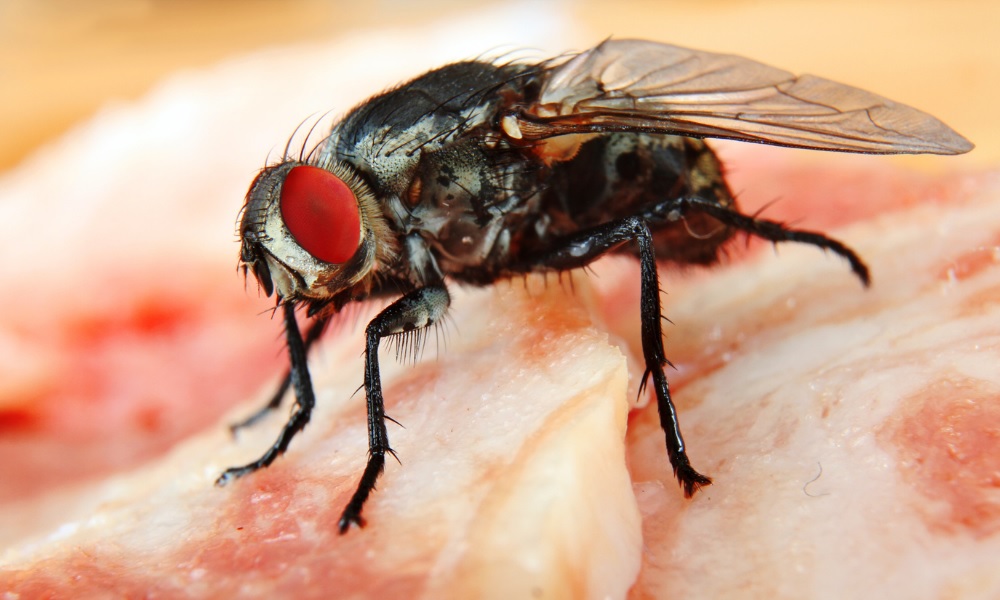Common houseflies are omnipresent worldwide and boast a remarkable flight range of approximately 5 miles. In colder regions, housefly breeding typically diminishes, usually just before winter sets in. These insects enter a hibernation state during the winter, either as pupae or adult flies.
Conversely, houseflies maintain their reproductive activity in warmer climates and remain active throughout the year. Their adaptability to various environmental conditions allows them to thrive in temperate and warmer settings, making them a persistent presence in many regions.
If you are tired of managing house flies, your most advisable step is to enlist the help of professionals at pest control Manchester. Armed with three decades of experience, they possess the expertise and resources to effectively address various pest and insect problems, offering practical solutions tailored to your specific pest issues.
How to eradicate house flies?
Practical measures can effectively deter house flies and other fly species by disrupting their breeding and feeding opportunities:
1. Thorough cleaning
Regular and thorough cleaning of your living spaces can eliminate potential breeding sites for flies. Pay special attention to areas where food particles and organic matter can accumulate.
2. Remove breeding sites
Identify and remove areas where flies can lay their eggs. Dispose of trash promptly, keep garbage cans tightly sealed, and clean up pet waste regularly, as faces can attract flies.
3. Decaying food removal
House flies are drawn to decaying food items like
- Meat
- Fruits
- Vegetables
Dispose of such items promptly and securely seal them in trash bags or containers. Cleaning up spills and crumbs in the kitchen is also essential.
4. Fruit fly prevention
Fruit flies are attracted to sugary substances and overripe fruits. Store fruit in airtight containers, clean up any spilled soft drinks or alcohol, and regularly empty and clean fruit bowls.
5. Drain maintenance
Drain flies prefer moist areas to lay their eggs. Keep your drains clean and dry as much as possible. Regularly flush drains with boiling water and consider using drain cleaners to prevent buildup.
6. General hygiene
Maintain good hygiene practices in and around your home. Clean up after meals promptly, wipe down countertops, and avoid leaving dirty dishes in the sink.
7. Screens and seals
Ensure that windows and doors have screens to prevent flies from entering your home. Any gaps or openings that might act as access points should be sealed.
By implementing these practical measures, you can significantly reduce the attractiveness of your home to flies and minimize the opportunities for them to breed, thus helping to keep your living spaces fly-free.
Are there natural remedies to prevent the entry of house flies?
If you prefer not to use fly swatters, sprays, or zappers, there are natural alternatives to deter house flies. Essential oils, such as lemongrass or peppermint, are effective options. Apply a few drops onto a small cloth and hang it near doors and windows. Alternatively, you can place mint leaves or fresh orange peels on window sills.
House flies have an aversion to citrus scents, making citronella candles a valuable addition to your home. These candles are available for indoor and outdoor use and can help keep flies away even before entering your living spaces. Investing in citronella candles can be an intelligent strategy for fly prevention.

